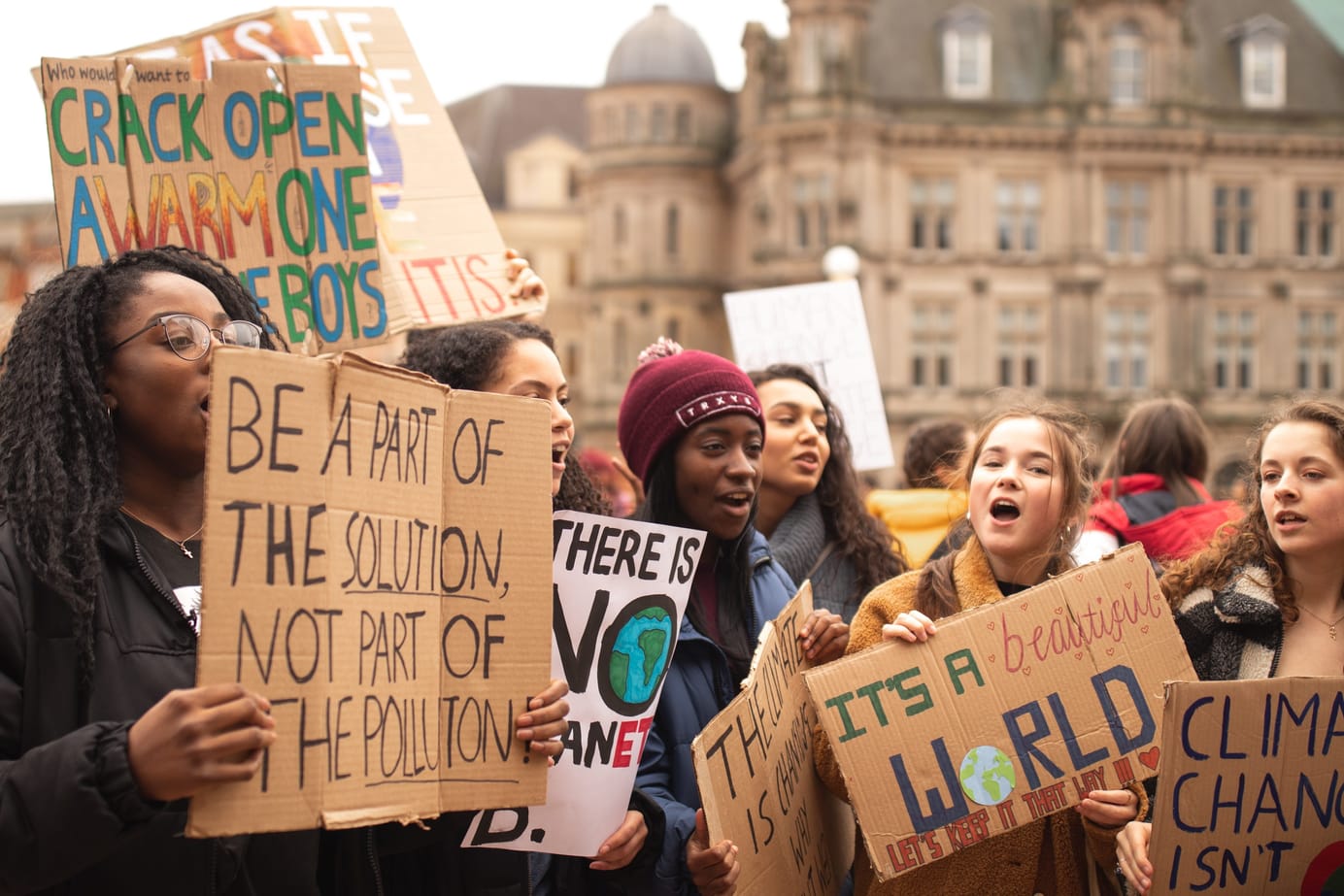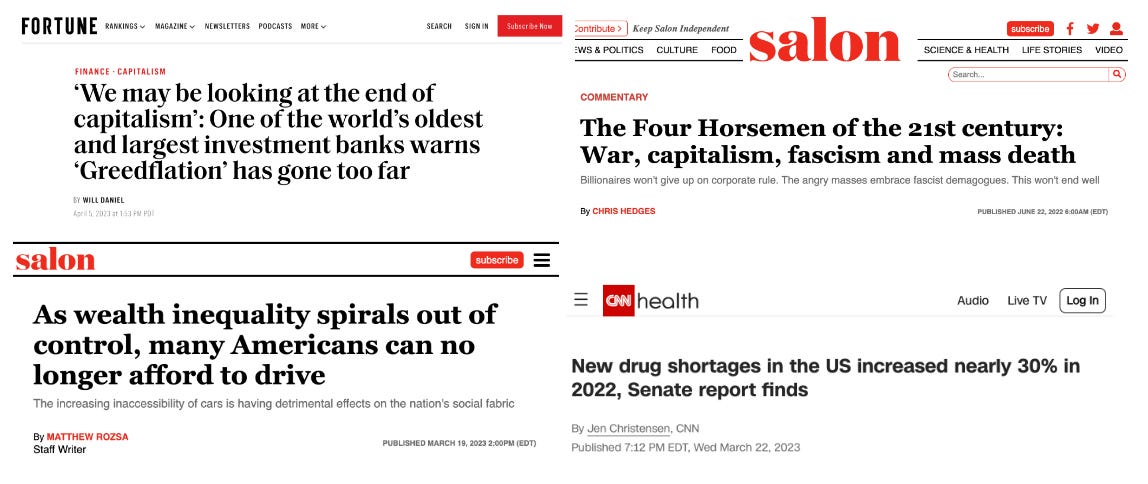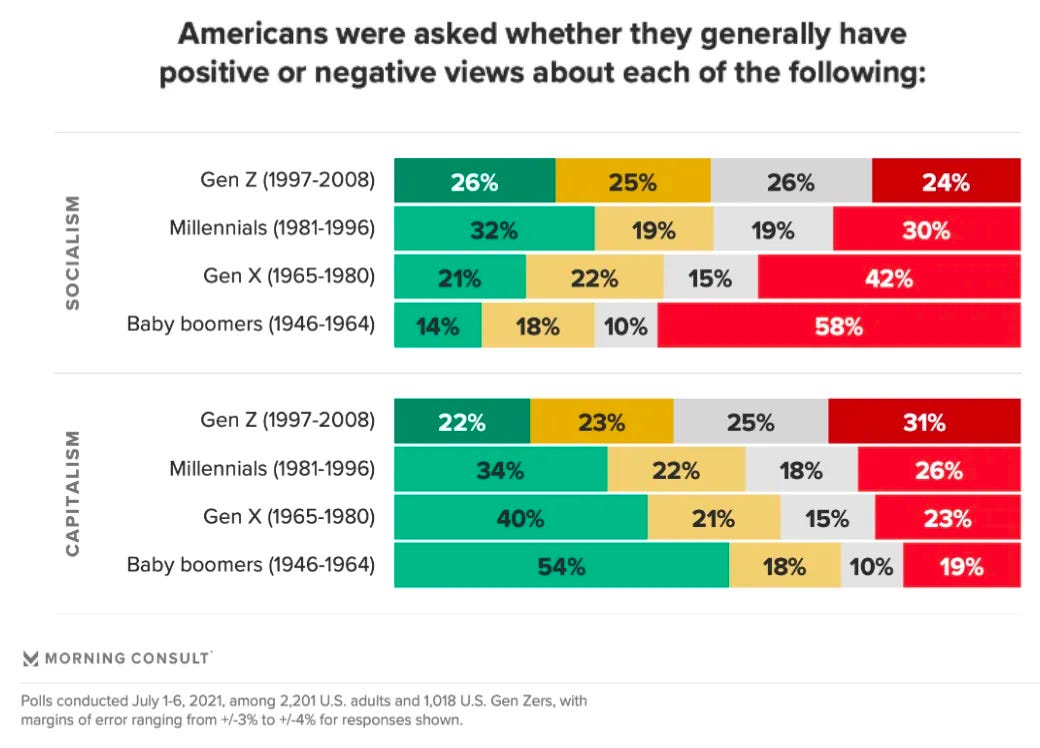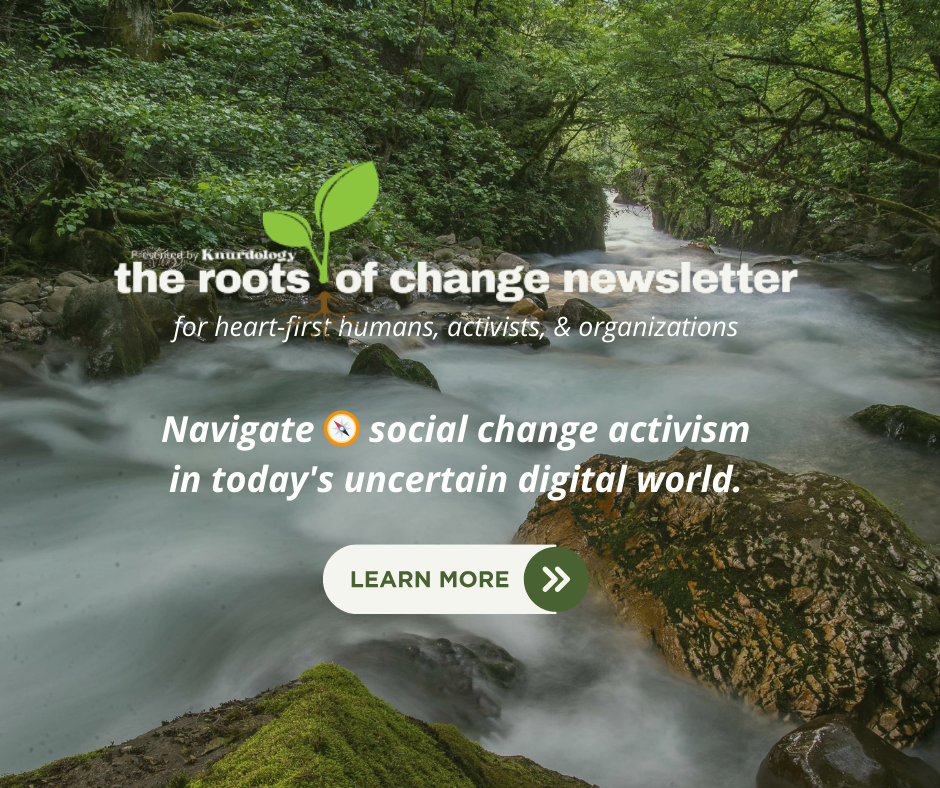
The Kids Are Pissed Off & Want Climate Action
Part IV: Rethinking Economic Systems to Grow Climate Resiliency
🤓 Bite-Sized Knurd: Gen Z and Millennials are rightfully reacting to the increasing threat of the climate crisis and they are calling for economic changes before it’s too late.
In Case You Missed It: The Plight of the Imperial Mode of Living
I’ve been seeing news stories pop up here and there that have stopped me in my tracks. They illustrate everyday injustices exacerbated by the pandemic that we seem to be forced to live with now.

The common thread is that wealth inequality is expanding and making our everyday lives more difficult, while our institutions continue to claim that the current systems are working just fine.
But it’s actually not fine.
It’s time to address the elephant in the room.
Capitalism and the neoliberal order of deregulation and shareholder value have led us to a society that is barely functioning.
Would a functioning society have a months-long baby formula shortage?
Or have its cost of living grow so much that people can’t afford the only transportation option for most Americans: cars?
Or a drastic rise in the unhoused population as evictions soar?
The capitalism that my generation knew in our childhoods is gone and has been replaced by the Robber Barons of the late 19th century. Everything has become commodified and we have become siloed and cut off from connection with one another.
My Generation is Pissed
For all the think pieces opining the laziness, depression, and anxieties of the Millennial and Gen Z generations, it seems pretty obvious to me what is behind all of this as a member of the generation.
Millennials and Gen Z have grown up in a world of constant instability. We have less wealth than any other previous generations, but far more debt ($3.8 trillion in case you were asking). We’ve grown up with the constant violence from guns and bigotry. And most of us have been robbed of the typical path that our Boomer parents promised. Good luck owning a house in this economy!
And it’s clear that our experiences have led us to be more progressive than previous generations. We believe in social justice, we want a New Deal-style bigger government, we’re hella queer, we see the racial inequities and want them fixed, and we know the reality of the climate crisis and want bold action from our leaders. Simply put, we want a multiracial democracy that supports all of its people no matter their identity, not just the 1%.
We’ve grown up in this world and only watched our economic prospects worsen as our political and literal climates are crumbling. Watching the climate crisis worsen while leaders continue not to act has led many to consider alternatives.

There has been a notable uptick in negative views about capitalism with only 22% of Gen Z having a very favorable view and Millennials being nearly split down the middle in their views on capitalism.
The obvious “secret” that news outlets don’t get is that Millennials and Gen Z are less likely to support capitalism precisely because of the climate crisis.
“The end of Greedflation must surely come. Otherwise, we may be looking at the end of capitalism. This is a big issue for policymakers that simply cannot be ignored any longer.”
We are not ignorant as many op-eds would have you believe. We see the future if we continue on this track and the math ain’t mathin’.
The Youth Want Action
The Intergovernmental Panel on Climate Change (IPCC) is calling its latest report a “final warning” for governments and institutions to act to stave off the climate crisis. Scientists have long stated that if global average temperatures surge by 1.5 degrees Celsius above preindustrial levels, it will lead to irreversible climate destruction.
“If we act now, we can still secure a liveable, sustainable future for all,” – IPCC Chair Hoesung Lee
We have already reached 1.1 degrees Celsius and are pacing to reach 1.5 degrees by the first half of the 2030s. That’s less than 10 years away. A decade is a blip. For Boomers, it’s only 15% of their lives.
It’s hard to truly picture what climate destruction will look like, but the last few years of unprecedented weather, species extinction, rapid glacial melting, and sea level rise give us just a hint of what could be coming if we do not make drastic changes in our economy and society.
A New Approach
It only makes sense that younger generations are searching for alternatives to a system in which they never had a chance to succeed. Luckily, there are alternatives that address both of the core issues of these generations: social justice and the climate crisis.
In recent years, economists, academics, and activists who recognize the threat that our current economic structures pose on the climate have come up with alternative visions. The vision that has gained the most steam was outlined in an April 2020 manifest from academics in the Netherlands.
The manifesto called for post-neoliberal development through 5 policy strategies that centered the climate and equitable economic justice. The policies included:
- a move away from 'development' focused on aggregate GDP growth;
- an economic framework focused on redistribution;
- transformation towards regenerative agriculture;
- reduction of consumption and travel;
- debt cancellation.
Thus the degrowth movement was born!
Degrowth has since gained momentum across the globe with many local organizations and governments already implementing some of it’s policies. What makes degrowth different from other critiques of the current state of capitalism is that it is both a critique of the present and a visionary goal with actual solutions behind it.
It’s not a fanciful idea of a utopian world, but a practical view of where humanity finds itself and the steps we can take to fixing it. It’s an opportunity to democratize our economy and technology to hape a world better for the people and the planet. It’s a framework for a just future.
For our final week on the economic systems and climate, we will dig into what degrowth is, what it’s not, and the alternative visions that are already being implemented around the world.
Next Up:

the roots of change media ecosystem Newsletter
Join the newsletter to receive the latest updates in your inbox.




